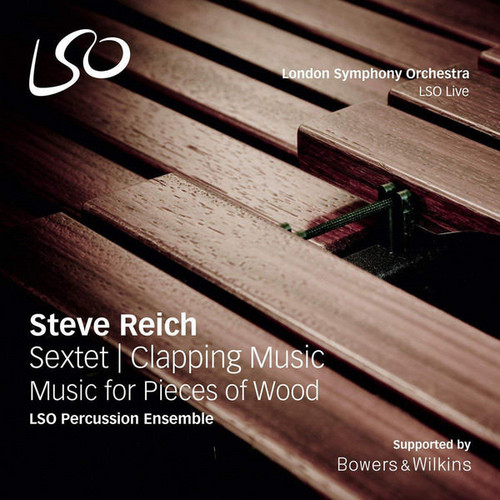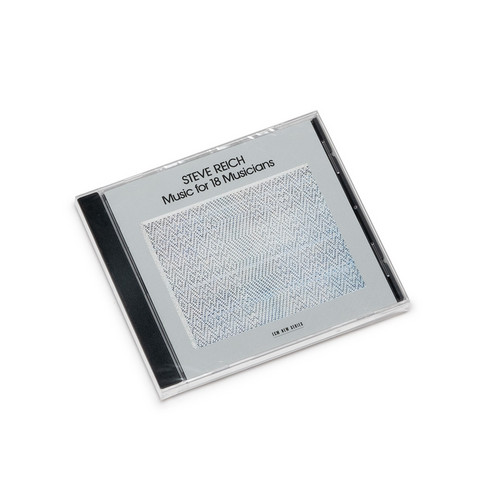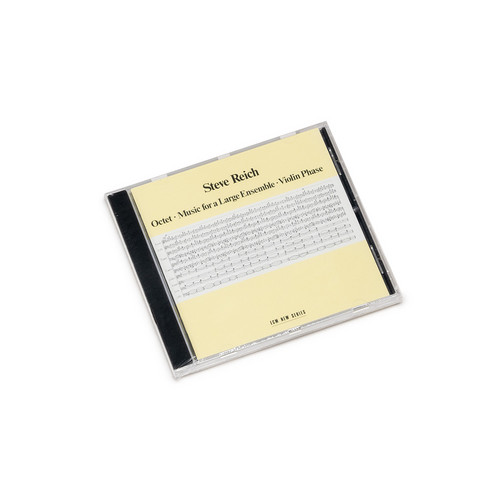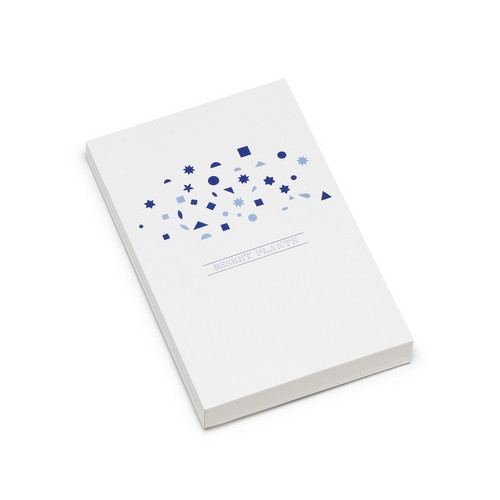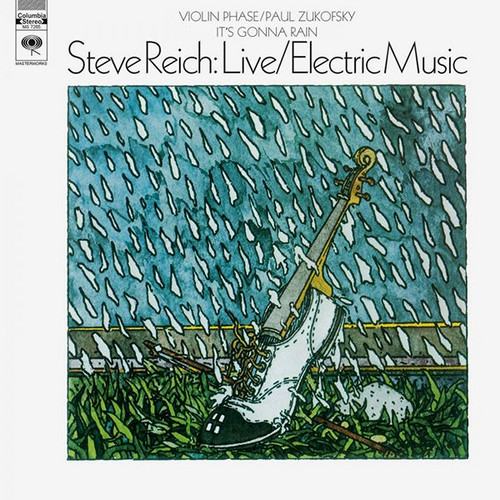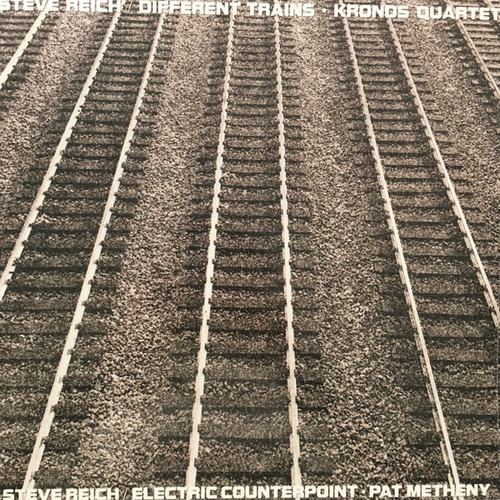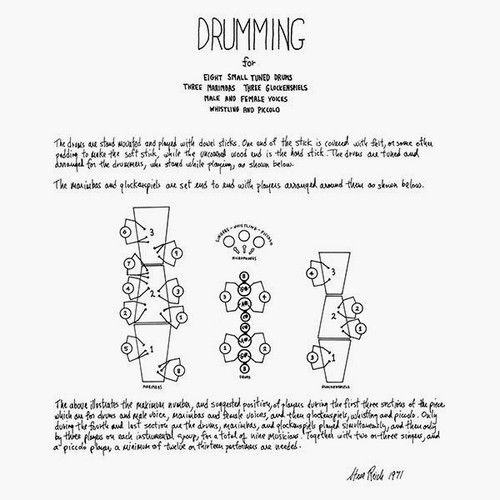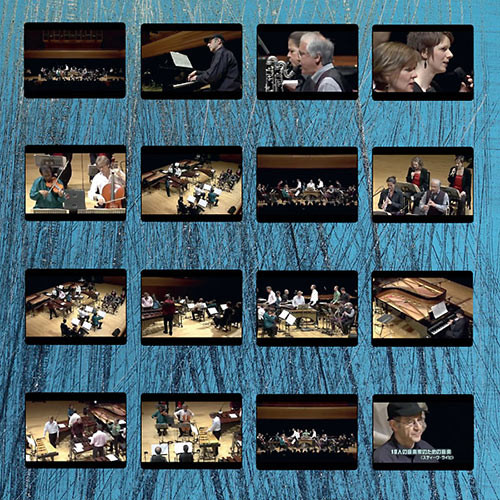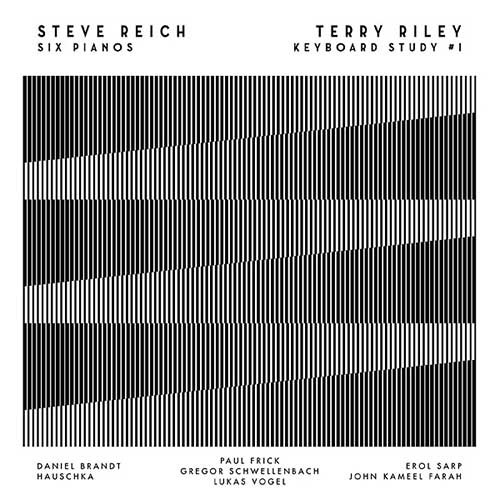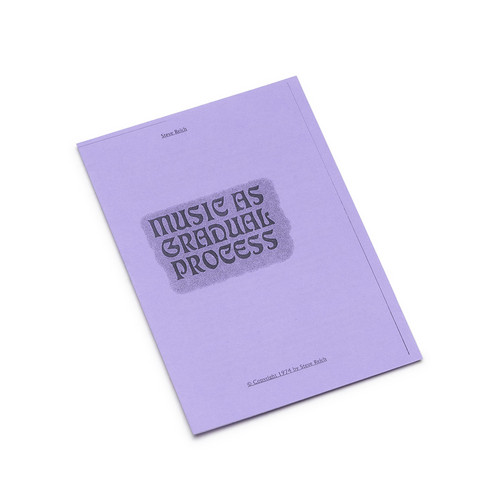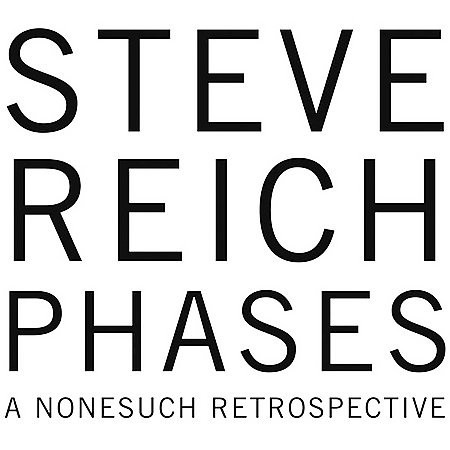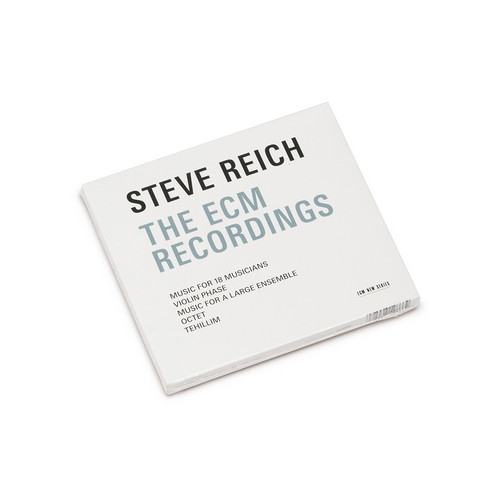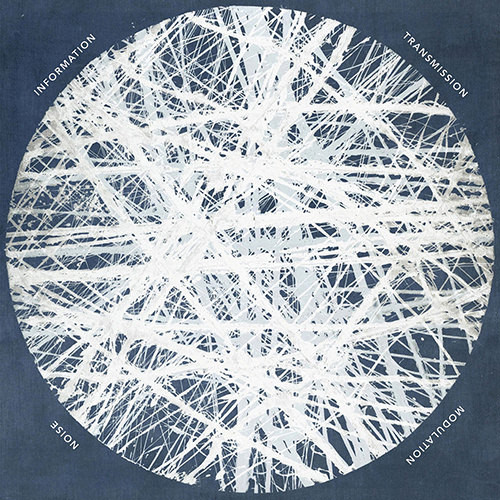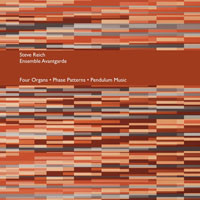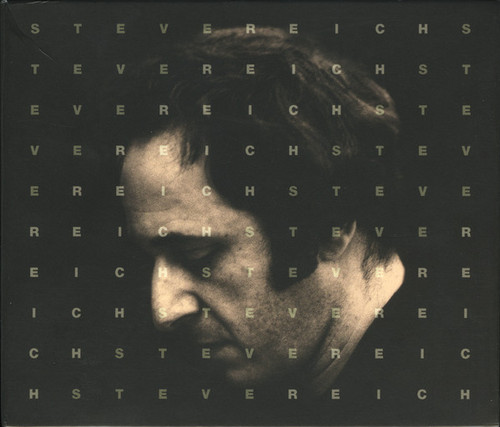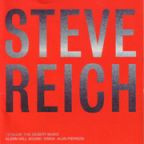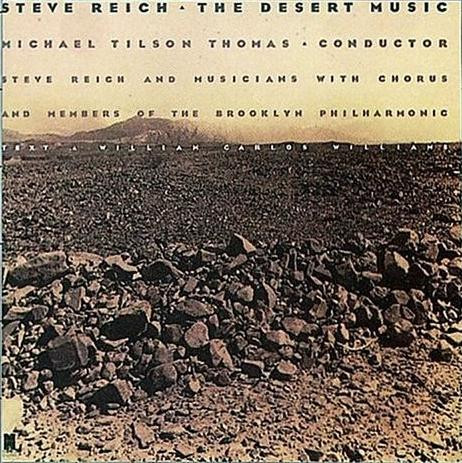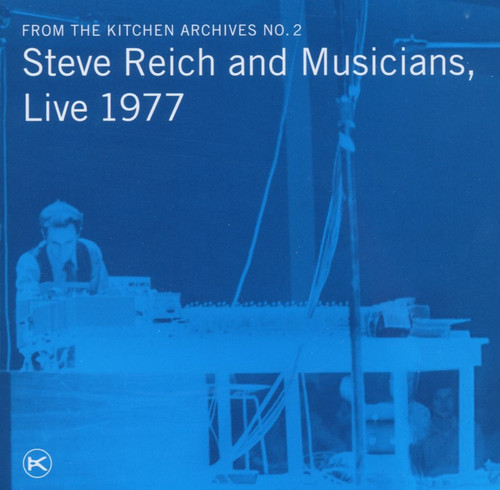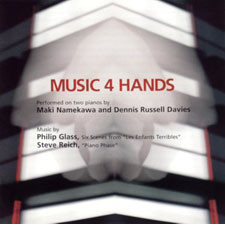Steve Reich
Stephen Michael Reich (born October 3, 1936) is an American composer. He is a pioneer of minimalism, although his music has increasingly deviated from a purely minimalist style. Reich's innovations include using tape loops to create phasing patterns, and the use of simple, audible processes to explore musical concepts. These compositions, marked by their use of repetitive figures, slow harmonic rhythm and canons, have significantly influenced contemporary music, especially in America.
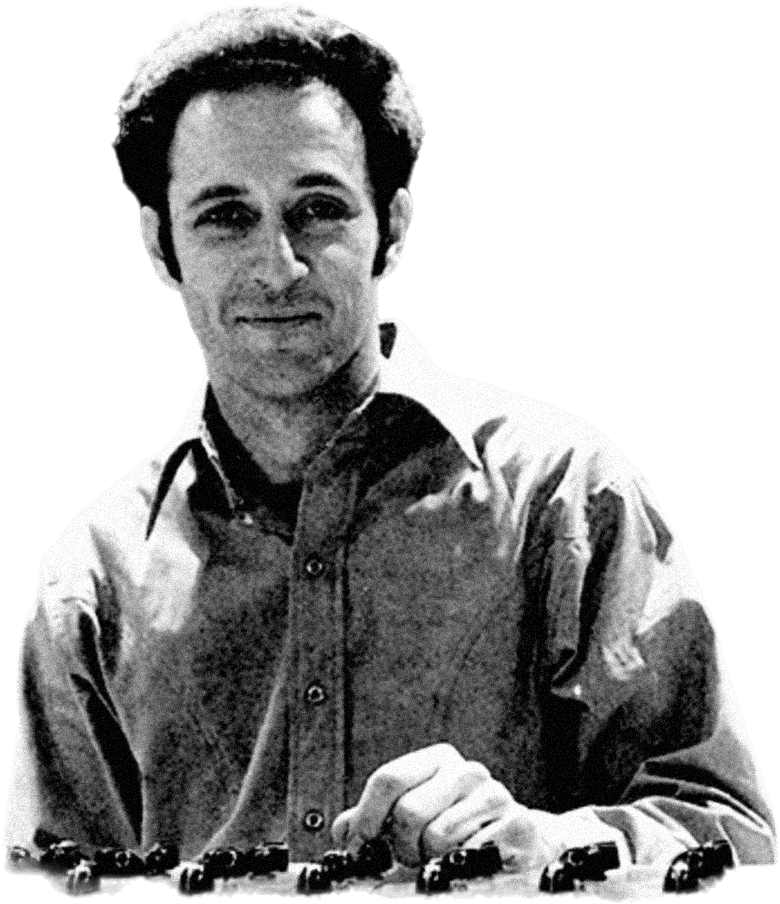
Stephen Michael Reich (born October 3, 1936) is an American composer. He is a pioneer of minimalism, although his music has increasingly deviated from a purely minimalist style. Reich's innovations include using tape loops to create phasing patterns, and the use of simple, audible processes to explore musical concepts. These compositions, marked by their use of repetitive figures, slow harmonic rhythm and canons, have significantly influenced contemporary music, especially in America.
